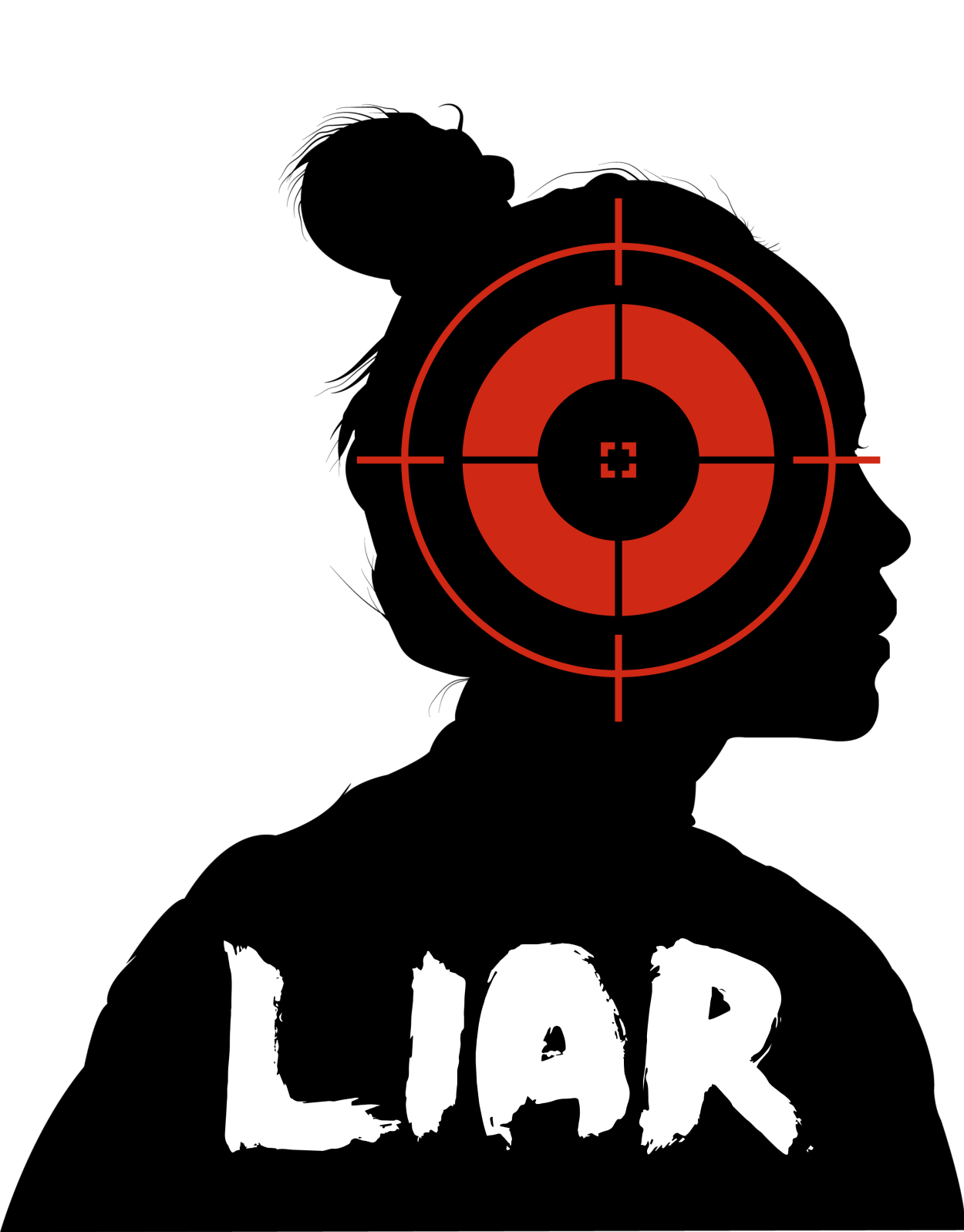Journalism is a staple to a functioning society and, for decades, the public at-large has trusted reporters to disseminate unbiased information. However, within the last decade, media integrity and journalists’ reputations have slowly eroded, and the field of journalism has been compromised.
Journalists do more than just report the news. They serve as the only real check on government practices as independent watch dogs, known as the fourth estate.
As a student journalist, my instructors instilled in me strong ethical values to uphold. I learned to seek the truth and to report it objectively. On the occasions where I slip, my fellow editors correct me and hold me accountable, ensuring the information I disseminate is accurate and fact-based.
The ethics I’ve learned have provided structure for my personal life as well, instilling in me the moral imperative to be truthful, direct and fair. This in turn bolsters my confidence and centers me as a human being.
Attacks on Media
For a decade now there have been widespread attacks on the media along with a meteoric rise of misinformation.
The maligning of the press has led to the assaults on journalists, media and overall news sources.
Donald Trump, the 47th president of The United States, makes his hatred for the media abundantly clear and perpetuates a trend of distrusting it. “Fake News” became a rallying cry during his first administration, as he targeted media outlets and journalists he didn’t like. He has labeled journalists enemies of the people, and even threatened to jail those who oppose him.
At the end of his 2024 presidential campaign, Trump said, “To get me, somebody would have to shoot through the fake news, and I don’t mind that so much,” at his rally in Lititz, Pennsylvania. His audience applauded the sentiment. Since he was still able to win the election while spewing this type of violent rhetoric there is good reason to believe he will become more emboldened as president.
Trump’s verbal attacks have put journalists across the nation in very real physical danger.
According to a survey conducted by the International Women’s Media Foundation (IWMF), 36% of journalists have been threatened or assaulted while working as a journalist. “A decade ago, we would have been stunned to hear that these incidents are taking place in the United States,” the IWMF stated in the survey.
Not only has this rhetoric created a culture that is hostile to American journalists, it invalidates the nobility of journalists abroad. Reporters have ventured into Gaza to cover the Palestinian genocide and the ongoing war between Hamas and Israel. The Russian government has imprisoned them for calling crimes committed by President Vladimir Putin. The Chinese Communist Party has successfully suppressed journalists in Hong Kong and Taiwan to stop the spread of vital information to its citizens.
“Legal persecution, imprisonment, physical violence and even killings have sadly become familiar threats for journalists across the world,” said The Committee to Protect Journalists, an independent, nonprofit organization that promotes press freedom worldwide.
The Rise of Misinformation
The demise of journalism is directly tied to the internet. In the past decade an epidemic of misinformation has left journalists vulnerable and in some cases under attack.
Media literacy, or one’s ability to access the validity of information they receive from the media, has slowly eroded.
Social media platforms have exploded in recent years. With few safeguards limiting the spread of false information, they can post anything they want.
Recently the Pew Research Center reported that 20% of Americans get their news from social media influencers. These influencers never took journalism classes or worked in a newsroom. So, they never learned to value the same code of ethics as real journalists. They spread information without vetting its validity or weighing its consequences and the harm it could cause.
This creates a breeding ground of untrue, biased or fabricated “news” stories. People are consuming misinformation from faux news sources at ever-increasing rates.
Publishing information from biased sources takes attention away from legitimate media.
The Bad Apples
The internet brought an influx of political commentators. Political commentary is democratic by nature and when ethically practiced it promotes freedom of thought and ideas.
But political commentators are motivated by profit, not by truth.
There has been an alarming uptick in extremist rhetoric from commentators across all political sectors. Commentators often spew volatile talking points to chase profits, which can weaponize their more influential viewers who sew further chaos in a destructive cycle.
A perfect example is Alex Jones, the now infamous clown who made millions with his former show “InfoWars,” where he spread blatant and patently false propaganda to hundreds of thousands of people.
For years, Jones propagated conspiracy theories about the validity of the Sandy Hook school shooting from 2012, claiming it was a false flag operation where no children were harmed. He said the Sandy Hook victims were actors and made up their trauma at witnessing the event. In reality, Jones’ lies ruined their lives for years after, leading to death threats and causing some of the families to move multiple times for their safety.
Not until 2022 did the Sandy Hook victims and families find justice, when they took Jones to court and won their defamation case against him. He now owes them a $1.5 billion settlement.
This is just one case where false information, spread by an untrustworthy source, negatively impacted U.S. society.
It also demonstrates the devastating effect media illiteracy can have. Jones never offered any credible sources to back his claims and no legitimate news sources confirmed his story, yet his audience readily accepted it. This is how the journalism profession has been compromised.
I often find the negative rhetoric surrounding my field discouraging. I work so hard to uphold my ethical values and being blanketly labeled a “liar” or “fraud” is truly upsetting.
I stand true to my ethics and I’m proud to call myself a journalist. I seek the truth and I report it. I strive to always be accurate and fair while disseminating news.
I’m proud to call myself a journalist and work side by side with like-minded colleagues. While we’re all human and therefore have flaws, the fourth estate is so vital to the health of our nation.
My fellow journalists and I are constantly working to improve our field in hope that the information we disseminate best serves our community and nation at large.
We hold each other accountable and we stick to our improving standards.
I’m a journalist but I’m also a human. I vow to always try to minimize harm while writing and publishing my work. I see myself as a vital part of my community, whether that be my hometown or country, and ask those members within it for similar respect.





